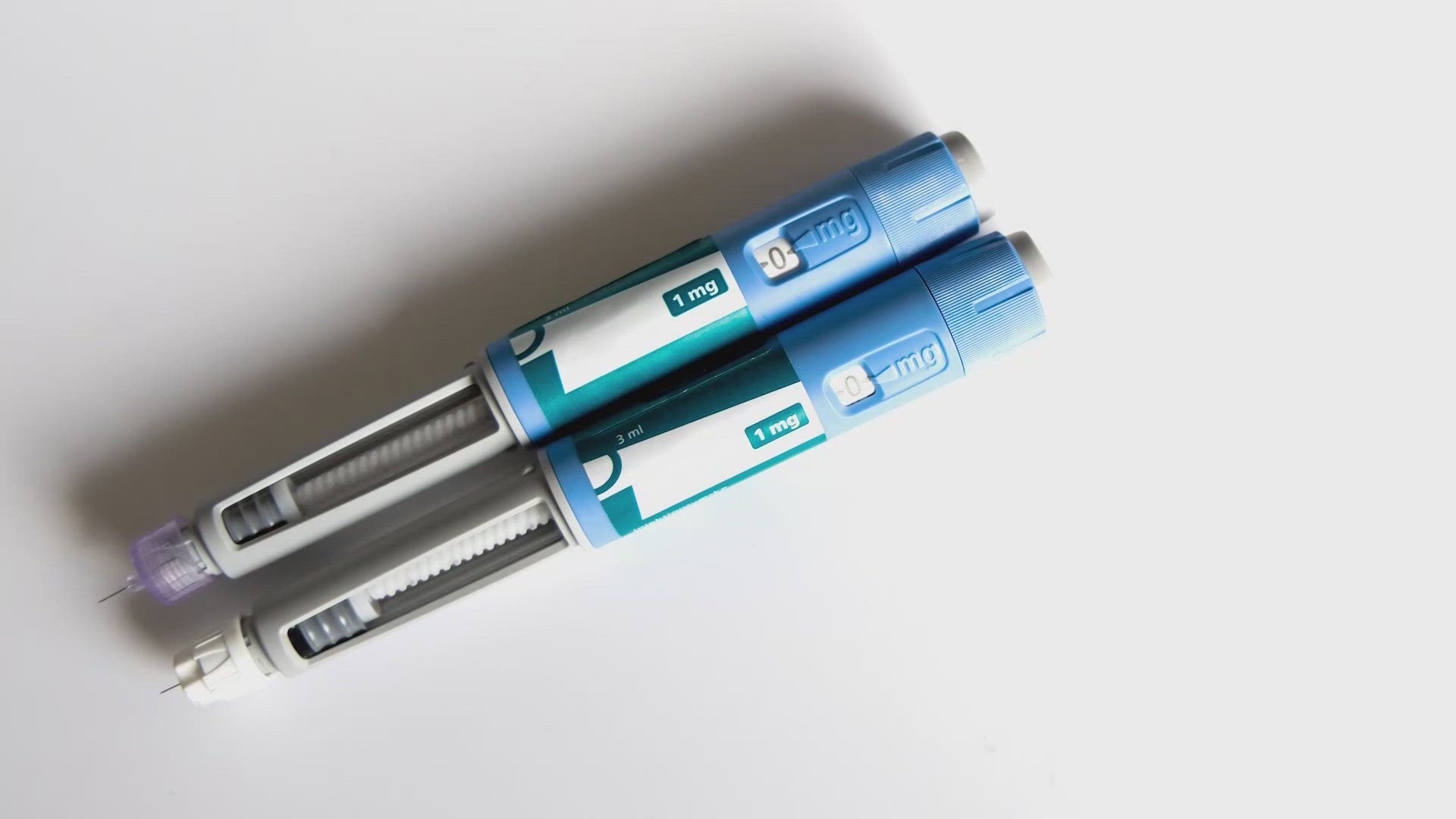HOUSTON — "I want to be more mindful in how I experience things, and I don’t want the crutch of needing something else."
Miranda Johnson started smoking in her early 20s. She said it helped her cope with the recent loss of her father. For more than a decade, Johnson has made several attempts to quit smoking, but said, nothing stuck.
"I want to be able to live my day with a little bit more freedom and not hiding the fact that I’ve been super reliant on nicotine," Johnson said.
So when the 33-year-old student researcher found out about clinical trials at UTHealth, she didn’t hesitate to sign up.
The double-blind study Johnson is a part of gives participants either a GLP-1 agonist medication -- drugs made to treat diabetes -- or a placebo.
Dr. Luba Yammine PhD, an associate professor of psychiatry at UTHealth Houston, is heading up the study.
"Our working hypothesis is we believe these medications decrease rewards for substance abuse, including nicotine," Yammine said.
She said since smokers tend to gain weight after quitting, there is a possibility of another benefit.
"We’re not looking so much at weight loss, but the prevention of weight gain," Yammine said.
Yammine said two clinical trials are happening at UTHealth and the preliminary findings are promising. She said participants receive medication for three months, and three months after that, they are brought back in to see if they have quit nicotine for good.
GLP-1 agonists are a class of medications that are used to treat type 2 diabetes and obesity, including brand names like Ozempic and Rybelsus.
A study in the journal Nature Communications reported people taking these drugs originally designed for diabetes had up to a 56% percent decreased odds of either becoming an alcoholic or relapsing into alcoholism.
And, there is also anecdotal evidence that these drugs can help decrease urges to gamble or compulsively shop, and even nail biting.
For Johnson, a mother, participating in this study has felt like a turning point.
"I didn’t expect to have such a positive outcome from this," Johnson said. "I already feel hopeful that things will be fine."
If you are interested in joining the study either call 713-500-3784 or text 832-799-8869. You can also visit their website by clicking here.

